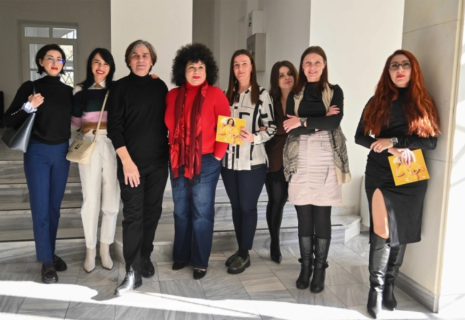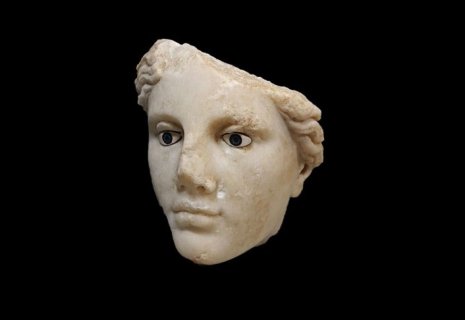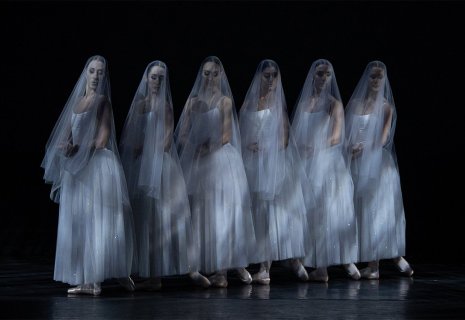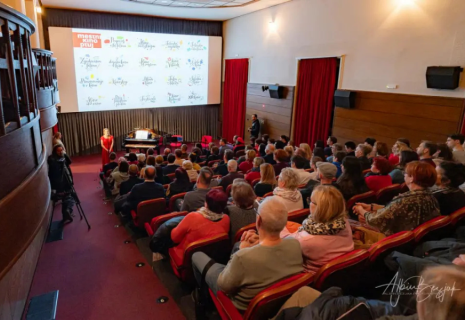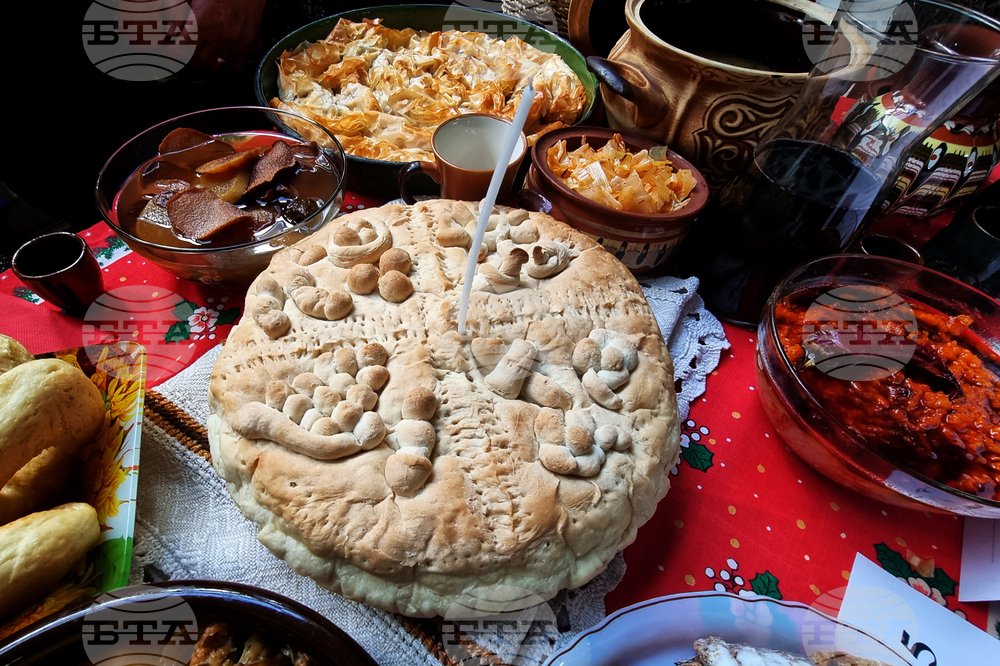
Bulgaria's Unique Christmas Traditions: A Blend of Faith and Festivity
In Bulgaria, Christmas is celebrated over three days, from December 24 to 27, beginning with Christmas Eve, the final day of the Orthodox fast. Unlike other Eastern Orthodox countries that celebrate Christmas on January 7, Bulgarians mark the holiday on December 25, aligning with Western traditions, CE Report quotes BTA
Christmas Eve dinner is entirely plant-based, featuring an odd number of dishes, such as beans, stuffed peppers, grape leaves with rice, pumpkin dishes, and "pitka" bread. The bread often contains hidden fortunes predicting the next year for each family member. After midnight, the fast ends, and meat and dairy return to the table.
A unique tradition involves leaving the dishes out overnight, symbolizing hospitality for the Virgin Mary or deceased loved ones, akin to leaving cookies and milk for Santa in the West.
On Christmas Day, the festive vegan dishes are replaced by meals featuring meat, often from a family-raised pig, prepared into various sausages. On this day, Bulgarians visit friends and relatives and attend church services.
Another cherished custom is koleduvane, where groups of young men, called koledari, sing carols from house to house between midnight and dawn on Christmas Eve, receiving baked goods, money, and other gifts in return for their blessings.
The celebrations conclude on December 27 with the Feast of St. Stephen, honoring the first Christian martyr and Archdeacon, who is remembered for his unwavering faith.
Bulgaria's Christmas traditions reflect a rich blend of religious devotion and cultural heritage, making it a unique holiday season.




